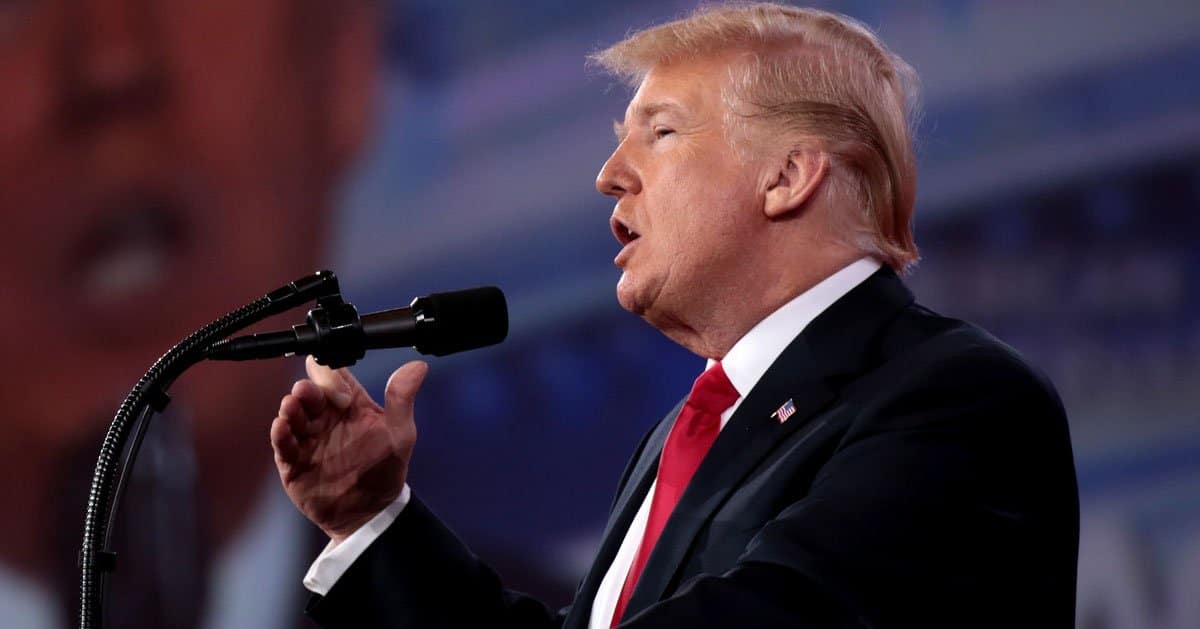







Meta's CEO, Mark Zuckerberg, has publicly acknowledged that Facebook suppressed information relating to Hunter Biden's laptop following an FBI warning of potential Russian disinformation.
Breitbart reported that the decision by Facebook to downrank a New York Post article detailing allegations against Hunter Biden arose after the FBI indicated potential disinformation risks.
The contentious story published by the New York Post alleged corrupt dealings involving Hunter Biden and Ukrainian energy firm Burisma.
This occurred as the U.S. Presidential Election of 2020 was approaching, making the timing of the news consequential. The FBI's false claim that the story was disinformation likely changed the outcome of the election in Democrat's favor.
In response to warnings from the FBI that pointed towards disinformation involving the Biden family and Burisma, Facebook opted to limit the distribution of the New York Post's article.
This was part of an effort to mitigate the spread of what was perceived as potentially misleading information pending further verification by independent fact-checkers.
Zuckerberg later admitted that the decision to suppress the article was a mistake, publicly regretting the action, which he believed may have been an overreach of Facebook's role in content moderation.
Specifically, Zuckerberg expressed remorse, stating Facebook "shouldn’t have demoted the story," acknowledging the need for a more balanced approach to content management.
As a direct consequence of the controversy surrounding this incident, Meta has undertaken a thorough revision of its content moderation policies.
Zuckerberg highlighted that they have ceased the practice of temporarily demoting content in the U.S. while awaiting the conclusions of fact-checkers, aiming to prevent similar incidents in the future.
This policy change was described by Zuckerberg: “We’ve changed our policies and processes to make sure this doesn’t happen again—for instance, we no longer temporarily demote things in the U.S. while waiting for fact-checkers.”
The testimony of Emma-Jo Morris, Breitbart News' Political Editor, before the House Select Subcommittee on the Weaponization of the Federal Government, further complicates the narrative.
She declared that the FBI had knowledge of the authenticity of Hunter Biden’s laptop well before the controversy emerged publicly in December 2019.
The discussions around Facebook's handling of the Hunter Biden laptop story highlight the broader challenges facing social media platforms in regulating content without impinging on free speech.
The delicate balance between preventing disinformation and upholding democratic engagement remains a pivotal concern.
FBI’s interactions with social media giants Facebook and Twitter about disinformation safeguards prior to the U.S. elections underline the governmental influence on online platforms, revealing the pressures these companies face in maintaining public trust while safeguarding electoral integrity.
Looking ahead, Meta’s updated policies and the public scrutiny following Zuckerberg’s admission suggest that future content moderation decisions will be closely monitored, especially during sensitive periods like national elections.
This incident underscores the ongoing debates about the responsibilities of social media platforms in political discourse and news dissemination.
It serves as a critical case study of the implications of tech companies' decisions on public perception and democratic practices.


